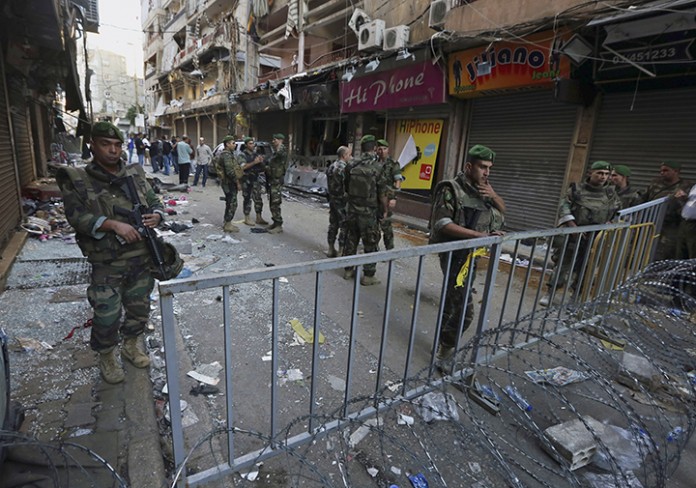
In the wake of Thursday’s double suicide terrorist attack in Beirut and the following day’s tragedy in Paris, empathy and aid for peoples affected by the Syrian refugee crisis is perhaps more relevant than ever.
In Lebanon, a nation of 4 million burdened by a refugee population of 1 million, the Christian church is uniting to serve those fleeing the violence of the Syrian civil war. The Lebanese Society for Educational and Social Development, a key partner with BMS World Missions in the Middle East, seeks to address issues of poverty, vulnerability and the right to education for all.
“To a certain extent, the church is united in helping refugees, and the church shines more during crisis,” said Nabil Costa, executive director of the society. “Because you feel the threat coming and you feel the persecution and the many negative issues around you, you unite together. It’s a blessing to help the refugees.”
The society has various avenues to serve the church in Lebanon and the greater Arab world: the Beirut Baptist School, the Arab Baptist Theological Seminary, publishing through the GateWay Bookshop, the Relief and Community Development program, children and youth ministry and SKILD Special Education.
“We are trying to give the Syrians education, so they can go back — when they can go back — with something in their hand,” Costa said.
Costa estimates the Lebanese Society for Educational and Social Development is affecting a thousand refugee children. In Lebanese schools, there are over 70,000 refugee children enrolled, but there are still approximately 200,000 children on the streets.The society targets children with special needs and trauma.
“Those people here, these women and children, it’s not their fault,” Costa said. “I am happy we can help them. I am not happy with the situation. I am not happy that my country has been invaded by 1.5 million. I’m not happy that Europe is invaded, but as Christians we have to help those people.”
When asked how American students can help in the crisis, Costa said students can come, partner with the Lebanese society for Educational and Social Development and learn more about the current situation. He wants Americans to understand the reality in Lebanon: Muslims and Christians live together in peace. He remarked that generalization is not fair. In fact, it’s disabling.
“I want Americans to see that not every Muslim is a terrorist,” Costa said. “Not every Arab is a terrorist, not at all. I’m not here to defend Muslims or to defend terrorists, not at all. Terrorists ruin the reputation of Islam. We have lots of friends who are Muslim who are very tired of the terrorism. So you cannot define someone who looks like me, who looks Arab, as a terrorist. Not at all.”
Costa said Muslim Lebanese and Christian Lebanese have lived in peace many years. Though they are two different faiths, they respect each other.
“Whenever we had conflict, it wasn’t because of us; it was because of the other wars on our land,” Costa said. “Muslims in Lebanon are very open, educated, cultured. Many of my friends are Muslim. We have excellent relations in our schools. On Christmas, they celebrate with us in most cases, and it is the same thing with Christians. We celebrate Ramadan with them.”
The first step in the long road to healing this crisis is empathy, and the second is providing aid.
This crisis is larger than the resources available, and the Lebanese Society for Educational and Social Development cannot carry out their mission alone. To learn more about their work or how you can become a part of their mission, please visit www.lsesd.org.





